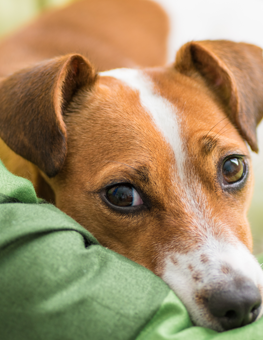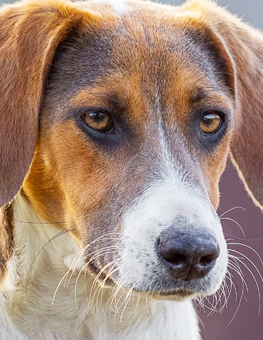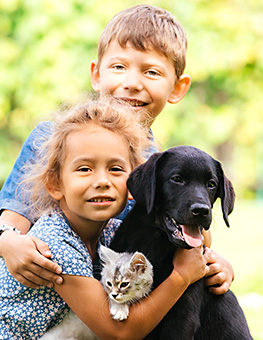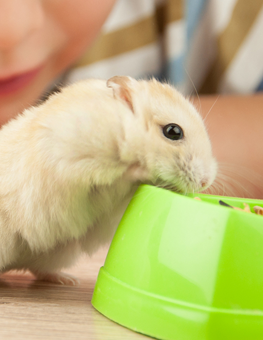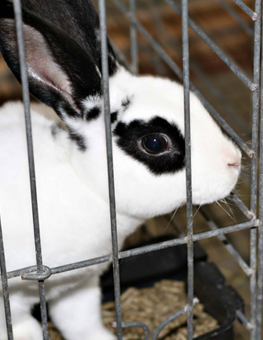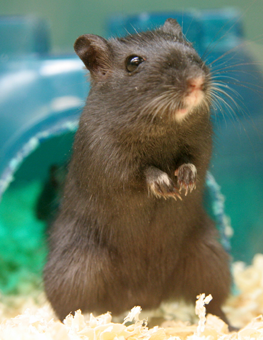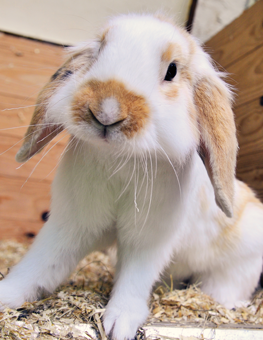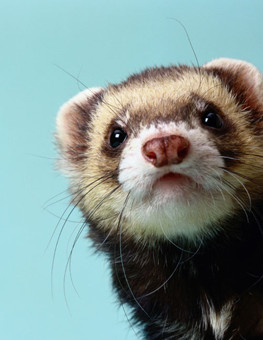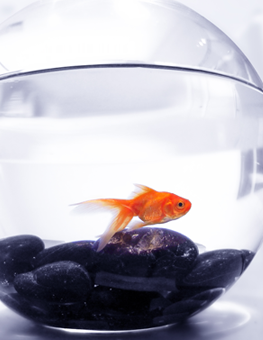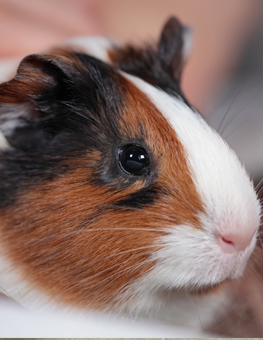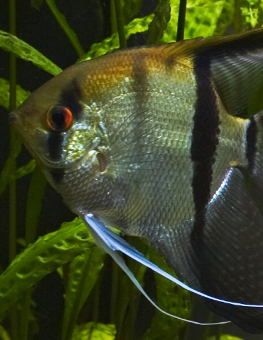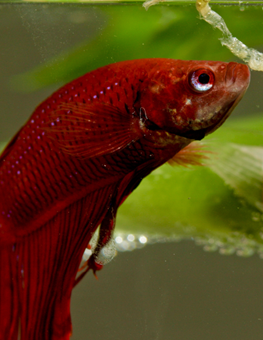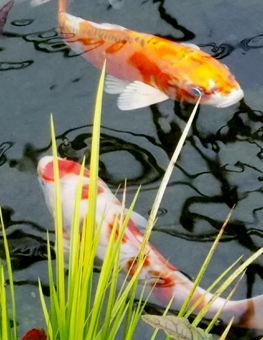A Small Animal’s Daily Diet
Small animal diets are just as diverse as the individual species are.
Water is the number-one nutrient requirement for all animals. Fresh, clean water should be provided in a water bottle with a sipper tube and changed daily.
The following are some food requirements that are species specific:
Hamsters and Gerbils
Gerbils and hamsters are omnivorous, which means they eat both vegetables and meat. Their favorite foods are those native to their dry habitat: grains, seeds, and insects. A good pre-made mix should include small grains such as oats and barley, dried vegetables, peanuts and a minimum of sunflower seeds.
- Amount: Your pet should only eat approximately one tablespoon or less of mix per day. Feeding at the same time each day is a good habit for both of you to get into.
- Treats: Treats are designed to be an extremely small element of the animal’s diet. Unshelled nuts, all sorts, are a good item to keep as a treat for your pet.
- Vitamins: A specially formulated vitamin supplement will ensure your hamster or gerbil receives all the necessary vitamins and minerals to live a long, healthy life.
- Foods to Avoid: Iceberg lettuce, tomatoes, chocolate, raw beans, potatoes, as well as sugary or salty foods. Too much green food will cause diarrhea. Never give sticky food to a hamster, as it will stick to their pouches.
Guinea Pigs
Guinea pigs are herbivores, so they require grass hay and green foods in addition to a high-quality commercial pelleted diet. Guinea pigs also require Vitamin C in their diet and will suffer from scurvy if they do not get enough. Supplementing your pet's diet with plenty of dark, leafy greens such as kale, dandelion greens, collard greens and peppers, will ensure that your pet meets this goal.
- Amount: The recommended daily feeding requirement of commercial guinea pig feed is 1/8 cup of pellets per two-pound guinea pig, plus greens. Feeding should occur every morning and evening.
- Treats: In moderation, fruits such as apples, apricots, bananas, berries, cherries, grapes, kiwi, melon, oranges, pears and strawberries are healthy treats for guinea pigs.
- Vitamins: Guinea pigs, like humans, are missing an enzyme that the body needs to make Vitamin C. A diet heavy in Vitamin C, in addition to drops added to their water, will help to make up for this deficiency. The minimum daily requirement for Vitamin C for your guinea pig is 10-30 mg per day. Like rabbits, they handle part of their nutrition on their own, producing nutrient-rich cecotropes that they eat directly from the anal area.
- Foods to Avoid: Long celery stalks should be avoided; the "strings" in celery are difficult to digest. Iceberg is on many of the "Avoid" lists because it is high in nitrates and has virtually no nutritional value. Raw beans and rhubarb are poisonous to these small animals.
Rabbits
The most important item in your rabbit's diet is grass hay — allow your rabbit to eat this without limit. The long fibers in hay help maintain good intestinal health. A good quality rabbit pellet contains some nutrients that may not be taken in if your rabbit is only eating hay.
- Amount: Pellets should be fed sparingly to prevent obesity: only about 1/8 cup per day.
- Treats: Fruits such as kiwi, strawberries, pears, melons, apples, oranges and vegetables are recommended in limited quantities.
- Vitamins: With a proper diet of quality rabbit feed and the above foods, vitamin supplements will not normally be necessary. Rabbits will obtain all the vitamins they need from their cecotropes, which are a special type of dropping that is eaten by the rabbit directly from the anus and then digested.
- Foods to Avoid: It is best to avoid high starch or fatty foods such as beans, breads, seeds, peas, corn, nuts, cereals, oats or any other grains. This will keep your rabbit free of any potential problems such as obesity and serious gastrointestinal disease.



